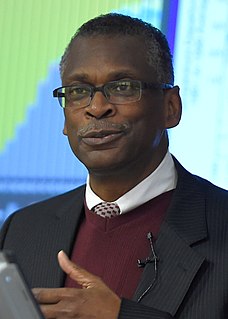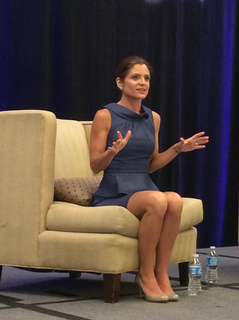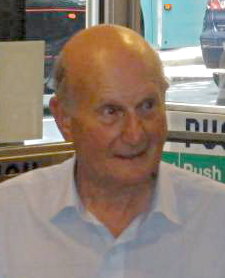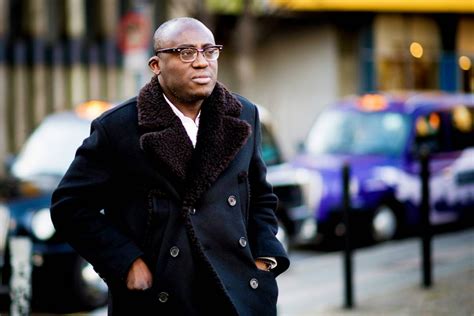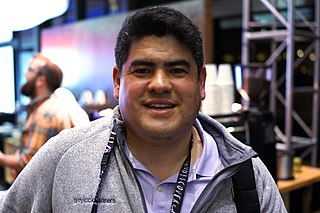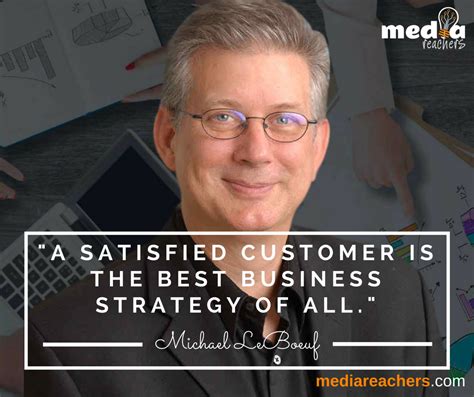A Quote by Yuri Milner
Google never knew how successful key words would be.
Related Quotes
Even though Google may do very well, there will always be an alternative to what Google is doing, and people will always have the free choice... because there's no way for us to prevent them from exercising that choice. That is one of the key aspects of why the Internet has been so successful. No technologies can dominate.
Google likely never cared if Google+ 'won' as a competitor to Facebook (though if it did, that would have been a nice bonus). All that mattered, in the end, was whether Plus became the connective tissue between all of Google's formerly scattered services. And in a few short years, it's fair to say it has.
On a strategic level, employers really are behaving stupidly. Look at how they do recruiting: this automated process under which they will publish a job description chock full of so-called "key words", and then have software algorithms that attempt to match applicants to the resumes against those key words. So where in the key word collection do we capture institutional knowledge? No one advertises for that. Of course they don't.
My brother was in high school and he had a garage band going, but no one would sing. They were covering a Hatebreed song at the time and I knew the words for it. My brother knew I knew the words, so he came inside the house and he's like 'Hey Mitch, come out here and sing'. I did it and after that I started a band with my older brother. That's how I got started.
I think of you, I dream of you, I conjure you up when I need you most. This is all I can do, but to me it isn't enough. It will never be enough, this I know; yet what else is there for me to do? If you were here, you would tell me, but I have been cheated of even that. You always knew the proper words to ease the pain I felt. You always knew how to make me feel good inside.

